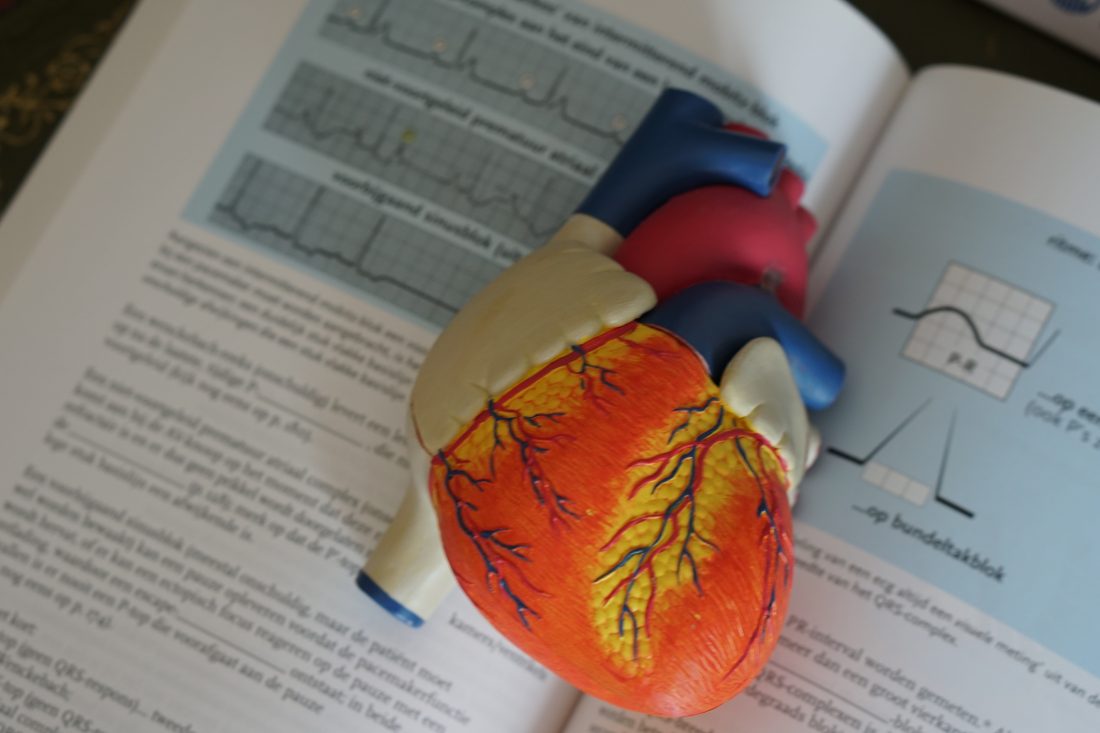In a world teeming with constant comparisons and societal pressures, developing self-confidence is tantamount to climbing Everest. Yet, confidence is not an unattainable peak; it is a skill that can be honed with the right tools and mindset. This article delves into the transformative journey from self-doubt to self-assurance, offering actionable insights to help you build and maintain unshakeable confidence.
Understanding Self-Doubt
Self-doubt is an insidious feeling; it appears without warning and undermines your abilities and decisions. More often than not, it is fueled by negative self-talk and external validation. Perhaps you’ve caught yourself thinking, “I’m not good enough,” or “What if I fail?” These thoughts are a natural part of the human experience, but they need not define you.
Small Steps, Big Impact: Building Daily Confidence
Confidence doesn’t emerge overnight. It is cultivated through small, consistent actions. Consider the example of donning a pair of SKIMS underwear. This may seem trivial, but such small indulgences in self-care can be surprisingly effective. Comfort and self-esteem are closely linked; when you feel good physically, your mental outlook often follows suit. Investing in yourself through minor yet affirming actions can gradually shift your mindset from doubt to assurance.
The Power of Positive Affirmations
One practical method to counteract self-doubt is the use of positive affirmations. These are simple, declarative statements that you repeat to yourself to foster a positive self-image. Think of affirmations like, “I am capable,” or “I deserve success,” as mental training exercises.
They rewire your brain to focus on your strengths rather than your perceived inadequacies. Daily repetition will, over time, make these affirmations a habitual part of your thought process, thereby nurturing your confidence.
Embrace Failure as a Learning Tool
Another significant step toward self-assurance is accepting failure as a natural part of the growth process. Society often stigmatizes failure, making it seem like the end of the road rather than a learning milestone. Acknowledging that failure is both inevitable and invaluable can alleviate much of the fear that fuels self-doubt.
When you fail, you gain insights and experiences that are integral to personal growth. It’s vital to adopt a mindset that views setbacks as opportunities for learning rather than as insurmountable obstacles.
Surround Yourself with Positive Influences
Your social environment plays a crucial role in shaping your self-perception. Surrounding yourself with supportive and uplifting individuals can have a tremendous impact on your confidence levels. Negative people can easily amplify your self-doubt, while positive influences can help you see your potential.
Seek out mentors, friends, and communities that encourage you and celebrate your achievements. Their positive reinforcement can serve as a powerful counterbalance to your inner critic.
Physical Wellness: A Gateway to Mental Well-being
Physical health and mental well-being are intrinsically linked. Regular exercise, a balanced diet, and adequate sleep contribute to improved mental clarity and emotional stability. Physical activities, in particular, release endorphins—chemicals in the brain that act as natural mood elevators.
When you’re physically healthy, you are better equipped to handle stress and self-doubt. Moreover, achieving fitness goals, no matter how small, can boost your self-esteem and confidence.
Continuous Learning and Skill Development
Skill development and continuous learning also play pivotal roles in building self-assurance. Competence fosters confidence. The more skilled and knowledgeable you become, the more confident you feel in your abilities.
This doesn’t mean you have to master every skill under the sun. Picking up a new hobby, taking a course, or even reading new books can all contribute to your sense of accomplishment and self-worth. As you expand your horizons, your confidence will naturally grow.
Celebrate Your Progress
Finally, it’s crucial to recognize and celebrate your progress. Self-doubt often blinds you to your achievements, focusing your attention solely on your shortcomings. Make it a habit to routinely reflect on your accomplishments, no matter how minor they may seem.
Document your successes in a journal, share them with friends, or reward yourself in a meaningful way. Celebrating your progress can provide the motivation needed to continue your journey toward self-assurance.
Conclusion
The path from self-doubt to self-assurance is not a linear one; it’s a dynamic, fluctuating journey filled with both challenges and triumphs. By taking small, consistent steps, practicing positive affirmations, embracing failure, surrounding yourself with positive influences, maintaining physical health, continuously learning, and celebrating your progress, you can cultivate a deep-seated confidence that will empower you to navigate life’s complexities with grace and assurance. Remember, confidence is not a destination—but a continuous journey.


